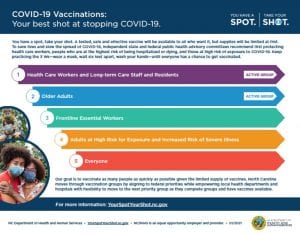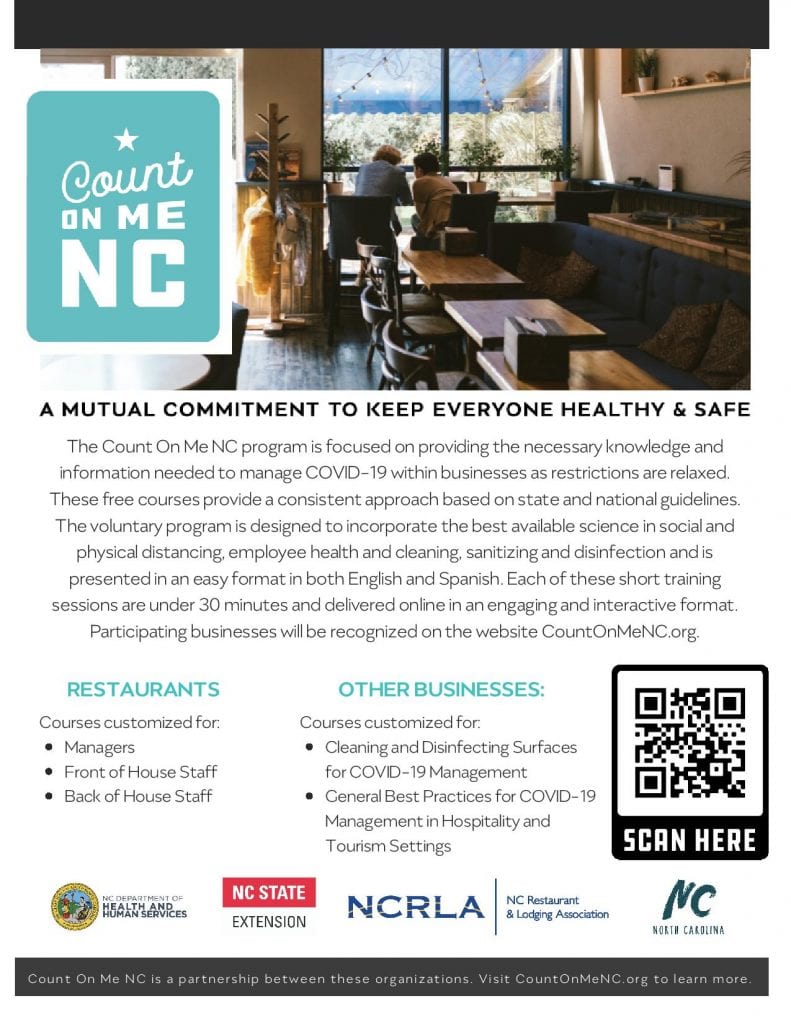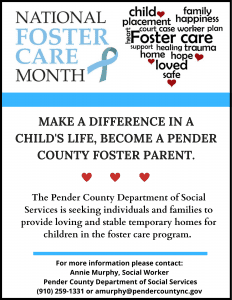North Carolina extends modified Stay At Home order as numbers begin to stabilize in an effort to continue to slow the spread
Executive orders for “to-go” or delivery sales of mixed beverages and evictions moratorium also extended
RALEIGH – Governor Roy Cooper and North Carolina Department of Health and Human Services Secretary Dr. Mandy Cohen today announced that North Carolina’s Modified Stay At Home Order, requiring people to be at home from 10 pm – 5 am, will be extended. Face covering requirements and restrictions on individuals gathering in both indoor and outdoor settings are still in place. Executive Order No. 189 will be in effect through at least Sunday, February 28, 2021 at 5:00 p.m.
The extension of Executive Order No. 190 allowing for the sale of “to-go” or delivery of mixed beverages will continue to help businesses that are struggling right now. The extension of Executive Order No. 191 will help families have the ability to stay in their homes, a critical component of slowing the spread of the virus.
The Executive Orders for “to-go” or delivery sales of mixed beverages and the evictions moratorium both received concurrence from the Council of State.
“With more than 3,300 people in the hospital, and the percent of positive tests in double digits, we know this virus is still spreading,” said Governor Cooper. “And with at least one new contagious variant of COVID-19 in our state, we still have work to do. We cannot let our guard down, especially in these cold winter months.”
In addition to the Modified Stay at Home Order, the DHHS secretarial directive remains in effect. People should stay home and only leave for essential purposes such as buying food, accessing health care, and going to school or work.
“The 3 Ws are as essential as they have always been,” said NCDHHS Secretary Mandy K. Cohen, M.D. “Remember people can have COVID-19 and not know it. The best way to protect those around you is to act as if you do have the virus and could be contagious. That means always wearing a mask – over your mouth and nose, always waiting apart from others, and always washing your hands frequently.”
North Carolina continues to administer Covid-19 vaccines across the state. As of today, 99.8% of all first doses received by the state were reported as being administered and 859,695 total doses have been administered. Vaccine supply continues to be very low and the state is hopeful for more vaccine to be on the way. On a call with Governor Cooper and other governors yesterday, the Biden Administration committed to increase vaccine shipments to the states by 16% over the next 3 weeks.
On Tuesday, NCDHHS expanded its vaccine data dashboard to provide information about vaccine doses allocated to and received by the state and updated guidance to ensure equitable distribution and speed of administration.
North Carolinians can find out when they will be eligible to get their vaccine through a new online tool, Find My Vaccine Group. The screener walks users through a series of questions to determine which vaccine group they fall in. Learn more about North Carolina’s vaccine rollout at YourSpotYourShot.nc.gov.
On January 23, NCDHHS reported the first identified case of B.1.1.7 COVID-19 Variant in North Carolina. Early data suggest that this variant may be more contagious than other variants and state health officials continue to recommend staying at home when possible and practicing the 3 “W’s:” Wear a face covering, Wait 6 feet apart and Wash your hands.
Dr. Cohen provided an update on North Carolina’s data and trends.
Trajectory in COVID-Like Illness (CLI) Surveillance Over 14 Days
• North Carolina’s syndromic surveillance trend for COVID-like illness is decreasing, but high.
Trajectory of Confirmed Cases Over 14 Days
• North Carolina’s trajectory of cases is stabilizing, but high.
Trajectory in Percent of Tests Returning Positive Over 14 Days
• North Carolina’s trajectory in percent of tests returning positive is leveling, but high.
Trajectory in Hospitalizations Over 14 Days
• North Carolina’s trajectory of hospitalizations is leveling, but high.
In addition to these metrics, the state continues building capacity to adequately respond to an increase in virus spread in testing, tracing and prevention.
Testing
• Testing capacity remains high.
Tracing Capability
• There have been more than 666,000 downloads of the exposure notification app, SlowCOVIDNC.
Personal Protective Equipment
• North Carolina’s personal protective equipment (PPE) supplies are stable.
Read Executive Order No. 189 and the FAQs.
Read Executive Order No. 190 and the FAQs.
Read Executive Order No. 191 and the FAQs.
View the slides from today’s briefing.



